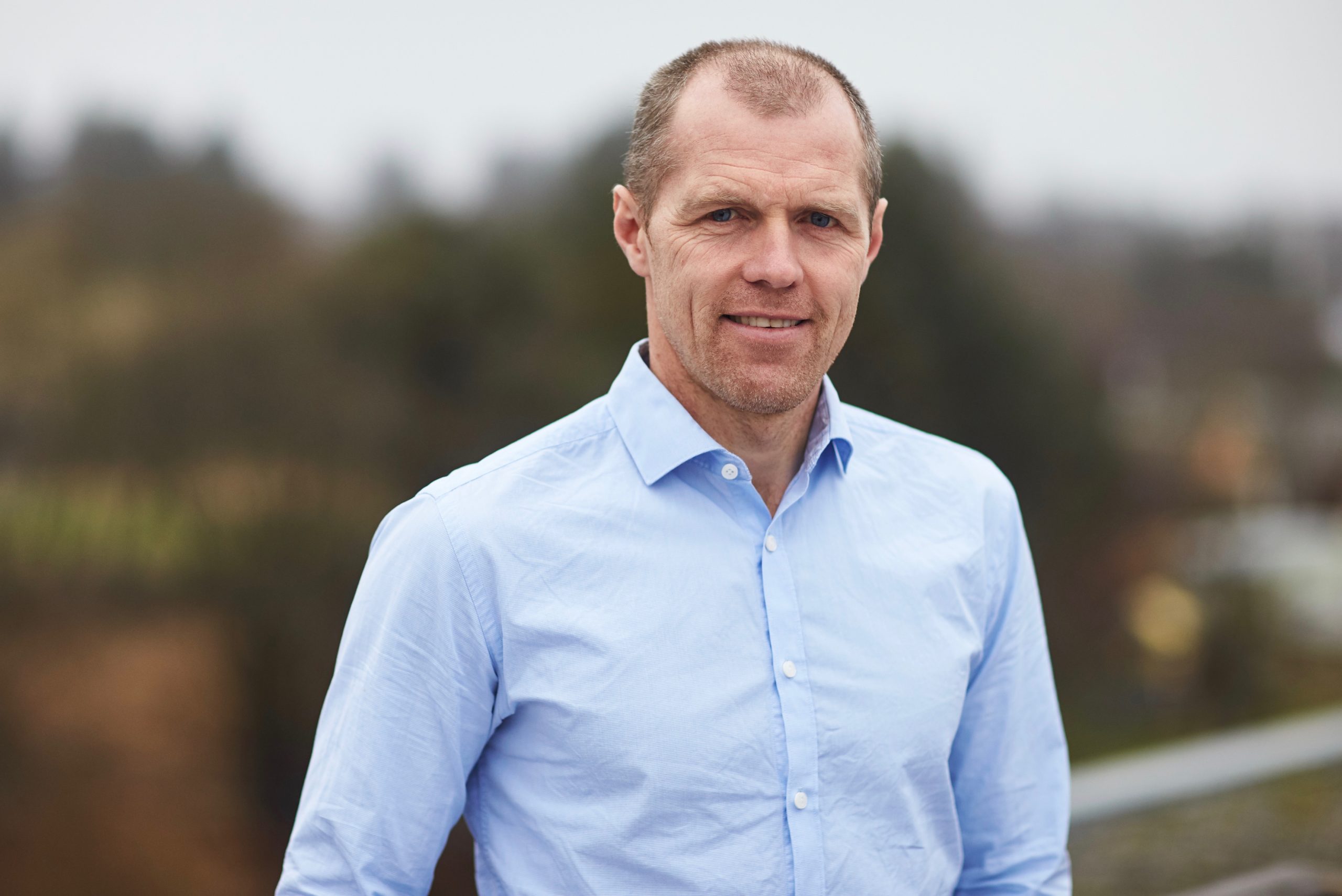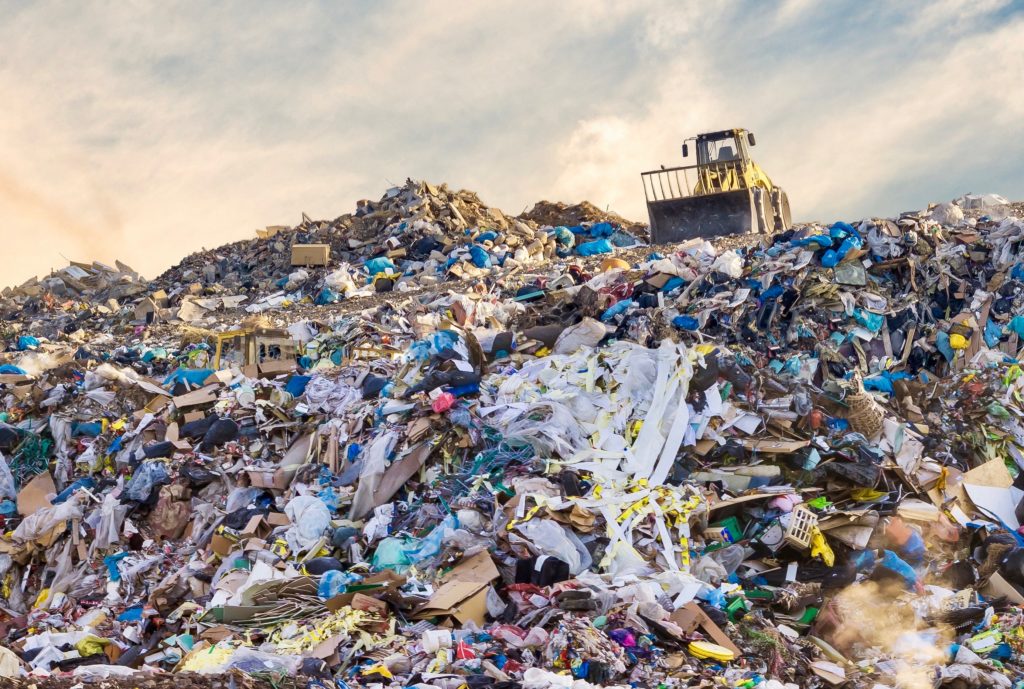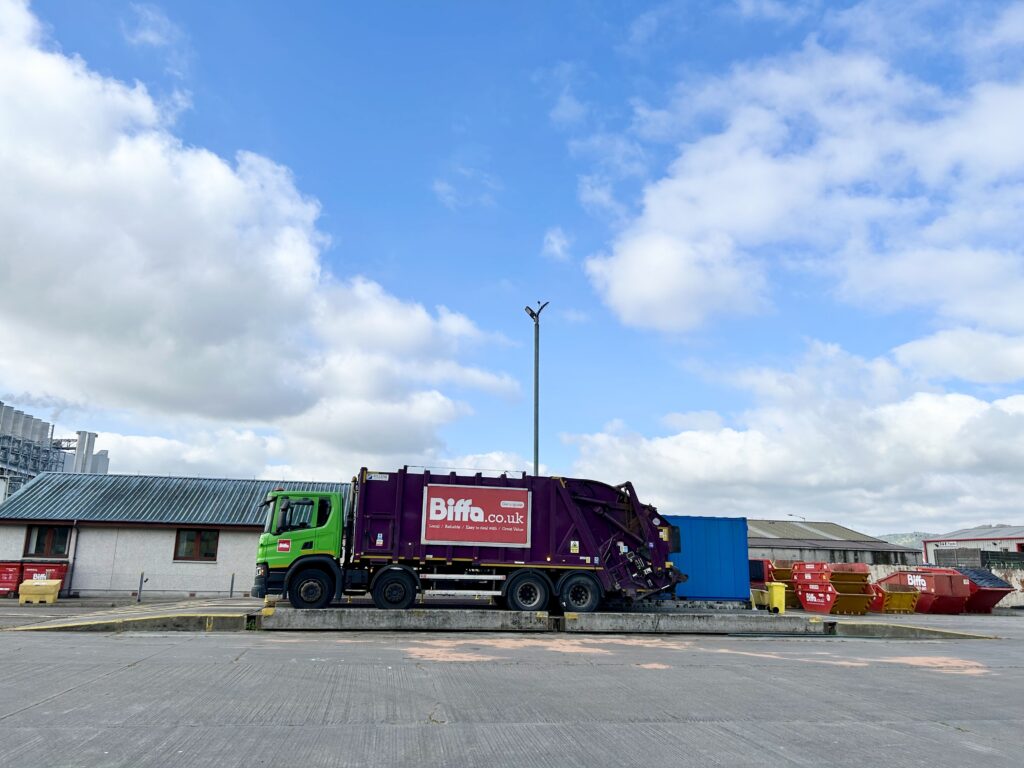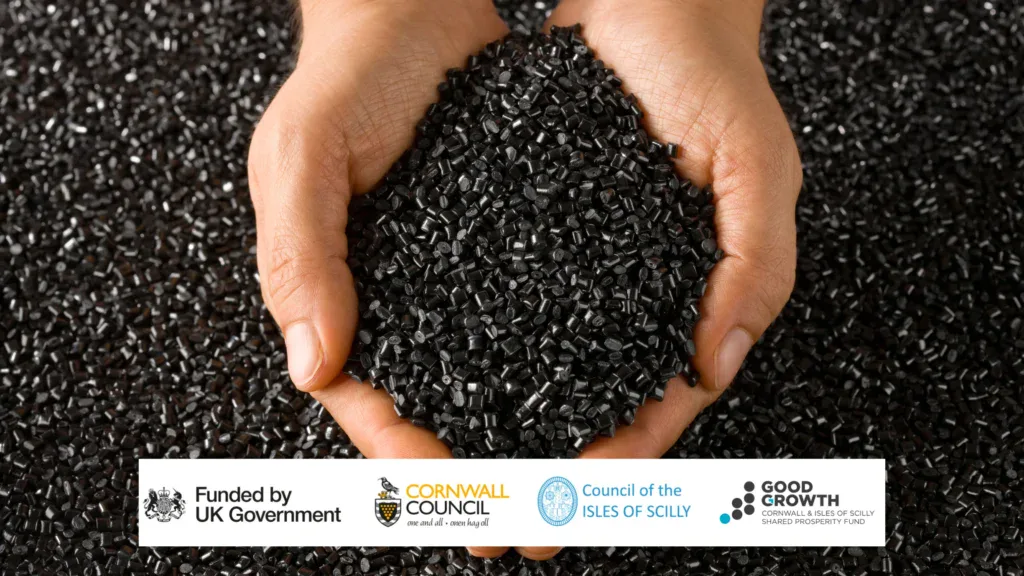The Norwegian-owned company’s chief executive, Kjetil Vikingstad, said that the reduced tonnage of commercial waste and increased competition for household waste is forcing plant operators to lower gate fees on the continent.
In particular, Geminor outlined that Scandinavia imported around 2 million tonnes of residual waste last year to meet the needs of local energy recovery facilities. Additionally, Germany, EU’s largest producer of district heating through energy recovery, has gone from being a waste exporter to becoming an importer.
Geminor then highlighted the importance of Italy as a waste exporter in preventing “an even greater imbalance” in the European market. It noted that the country has been “a significant contributor of refuse-derived fuels” in absence of domestic EfW plants.
In the UK, the situation is not thought to be as severe as many plants are tied into contracts for household waste which take up a lot of capacity, so gate fees are holding up. UK waste in the form of RDF is becoming more attractive on the continent however, as plants scramble for material.
SRF
Geminor also warned that that the lack of solid recovered fuel (SRF) might result in a switch back to fossil fuels in some industries such as the cement industry, which is known to be carbon intensive.

Statistics from the European Commission estimate that 52 million tonnes of the continent’s household waste ended up in landfill in 2020. Geminor called for more of this waste to be utilised in energy recovery to tackle the ongoing energy crisis.
Mr Vikingstad said: “In times of crisis, we need quicker, more effective, and international measures to find the best solutions to our landfill challenges.” Listing solutions, he suggested an increase on landfill tax “to a point where it is more profitable to recover the waste” than landfill it, subsidizing the use of residual waste for sustainable energy recovery as well as a reduction in the incineration rates in several countries.
Mr Vikingstad then highlighted the importance of streamlining the flow of waste between markets in Europe to reduce the long processing times for waste export and increase flexibility. “A common IT system and fewer manual processes will make a difference,” he added.
The company noted that there is sufficient incineration capacity in the EU to help tackle the energy crisis, but more waste needs to be diverted from landfill into recovery. It also outlined that new markets to supply existing EfW plants are developed in both South and Eastern Europe.










Subscribe for free